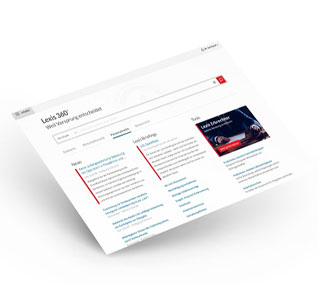"The authorized sale of an article that substantially embodies a patent exhausts the patent holder's rights and prevents the patent holder from invoking patent law to control postsale use of the article. Here, LGE licensed Intel to practice any of its patents and to sell products practicing those patents. Intel's microprocessors and chipsets substantially embodied the LGE Patents because they had no reasonable noninfringing use and included all the inventive aspects of the patented methods. Nothing in the License Agreement limited Intel's ability to sell its products practicing the LGE Patents. Intel's authorized sale to Quanta thus took its products outside the scope of the patent monopoly, and as a result, LGE can no longer assert its patent rights against Quanta. Accordingly, the judgment of the Court of Appeals is reversed."

